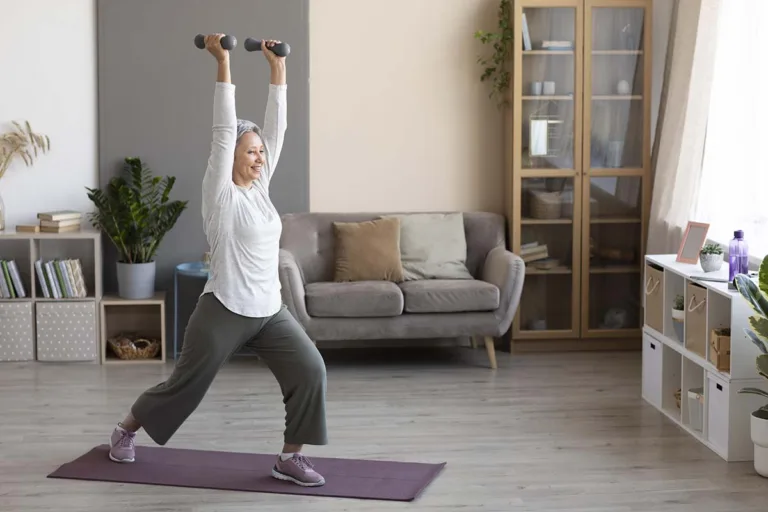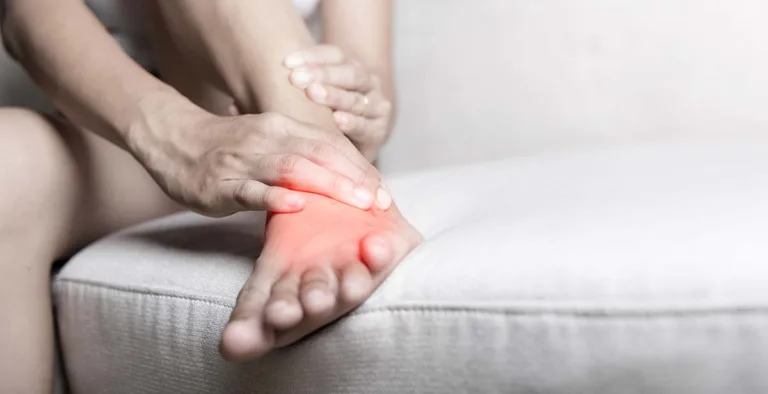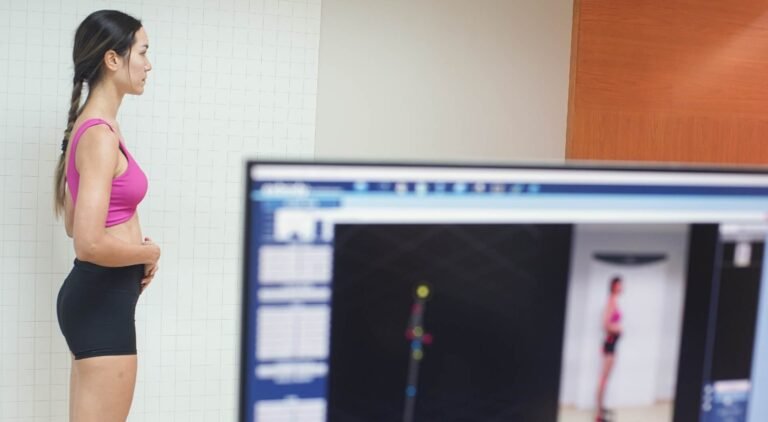Recovering from a stroke? Greenbell Clinic is here to support you with special exercise programs tailored for your rehabilitation journey. Stroke rehabilitation is like a personalized fitness plan that focuses on gentle exercises to help regain strength and coordination. It’s a bit like a unique workout designed to aid in your recovery. Our special programs are crafted to meet your needs and gradually improve your abilities. Whether it’s working on balance or rebuilding muscle strength, our goal is to assist you in your journey toward regaining independence and well-being. Come to Greenbell Clinic, and let us help you with the customized exercise programs for your stroke rehabilitation.
What is Stroke Rehabilitation?
Stroke rehabilitation is a specialized and comprehensive program designed to help individuals recover and regain function after experiencing a stroke. A stroke occurs when there is a disruption of blood flow to the brain, either due to a blockage (ischemic stroke) or bleeding (hemorrhagic stroke). The lack of oxygen and nutrients to the brain during a stroke can result in damage to brain cells and subsequent impairments in various functions.
Stroke rehabilitation is often a multidisciplinary effort, involving physiotherapists, occupational therapists, speech therapists, and other healthcare professionals. The specific rehabilitation plan is tailored to the individual’s needs, the severity of the stroke, and the areas of function affected. Early and ongoing rehabilitation is crucial for maximizing recovery and improving the quality of life for individuals who have experienced a stroke.
At Greenbell Medical Clinic, our advanced physiotherapy department stands ready to provide individualized rehabilitation programs, utilizing state-of-the-art equipment and modern technology. Our skilled physiotherapists implement a detailed approach to address mobility challenges, enhance strength, and improve overall physical function. Through our commitment to excellence, we strive to maximize recovery, promote independence, and elevate the quality of life for stroke survivors.
Understanding the Condition
- Prevalence: Stroke is a significant health concern, with an estimated 15 million people worldwide experiencing a stroke each year. Rehabilitation needs vary based on the severity of the stroke and individual factors.
- Signs and Symptoms: Symptoms vary but often include muscle weakness, loss of coordination, and challenges in balance and mobility.
- Complication: Lack of rehabilitation can lead to persistent functional limitations, reduced quality of life, and potential long-term disability.
Etiology and Risk Factors
- Ischemic Stroke: This is the most common type of stroke, caused by a blood clot or plaque that blocks an artery supplying blood to the brain. Risk factors for ischemic stroke include high blood pressure, diabetes, smoking, and high cholesterol.
- Hemorrhagic Stroke: This type of stroke occurs when a blood vessel in the brain ruptures, leading to bleeding within the brain tissue. Causes may include high blood pressure, aneurysms, or vascular malformations.
- Transient Ischemic Attack (TIA): Often referred to as a “mini-stroke,” a TIA is a temporary disruption of blood flow to the brain, resulting in stroke-like symptoms. TIAs are warning signs of a potential future stroke and may necessitate rehabilitation.
- Brain Injury: Stroke rehabilitation may also be required for individuals who experience brain injury due to trauma, such as a severe head injury or a brain hemorrhage unrelated to stroke.
Service and Treatment
Our stroke rehabilitation programs are thoughtfully designed to enhance not only motor skills but also balance, ensuring a holistic improvement in the overall quality of life.
Our goal is to design a comprehensive rehabilitation plan that precisely addresses the individual’s unique needs and facilitates the best possible recovery. The intensity and duration of physiotherapy interventions will vary based on the severity of the stroke and the individual’s response to treatment.
Our programs integrate evidence-based with neuroplastic training and customized therapies to address the unique requirements of each person. With an unwavering commitment to holistic recovery, we aim to empower our patients, discovering newfound strength, mobility, and an enriched sense of well-being.
FAQ
What is stroke rehabilitation, and how does it involve physiotherapy?
Stroke rehabilitation is a process that helps individuals regain lost skills and abilities after a stroke. Physiotherapy is a key component, focusing on improving mobility, strength, and function through targeted exercises and interventions.
How soon should stroke rehabilitation with physiotherapy begin after a stroke?
Early intervention is crucial. Physiotherapy often starts as soon as the individual’s medical condition allows, often within days of a stroke, to maximize recovery potential.
What specific techniques does physiotherapy use in stroke rehabilitation?
Physiotherapists use a range of techniques, including mobility exercises, gait training, balance exercises, and activities targeting specific motor skills to address the unique challenges faced by stroke survivors.
Can physiotherapy help with cognitive aspects such as memory and concentration after a stroke?
While cognitive aspects are primarily addressed by other healthcare professionals, physiotherapy indirectly contributes by promoting overall well-being. Physical activity has positive effects on cognitive function, and physiotherapists often collaborate with other specialists to support comprehensive stroke rehabilitation.
How long does stroke rehabilitation with physiotherapy typically last?
The duration varies for each individual, depending on the severity of the stroke and the goals of rehabilitation. Stroke rehabilitation can extend over weeks to months, and sometimes longer for ongoing support.
Can physiotherapy help with cognitive aspects such as memory and concentration after a stroke?
While cognitive aspects are primarily addressed by other healthcare professionals, physiotherapy indirectly contributes by promoting overall well-being. Physical activity has positive effects on cognitive function, and physiotherapists often collaborate with other specialists to support comprehensive stroke rehabilitation.
Is home-based stroke rehabilitation with physiotherapy as effective as in-clinic sessions?
Both home-based and clinic-based rehabilitation can be effective, and the choice often depends on the individual’s needs and accessibility. Physiotherapists can design personalized programs for either setting.
Can physiotherapy help prevent complications such as joint contractures and muscle stiffness after a stroke?
Yes, physiotherapy plays a crucial role in preventing complications by addressing muscle stiffness and promoting joint mobility through targeted exercises, stretches, and positioning techniques.
What role does family involvement play in stroke rehabilitation with physiotherapy?
Family involvement is essential. Physiotherapists often educate family members on exercises and techniques, creating a supportive environment that reinforces rehabilitation efforts at home.
Can physiotherapy contribute to improving mental well-being during stroke rehabilitation?
Absolutely. Physical activity and exercise have positive effects on mental well-being. Physiotherapy not only focuses on physical recovery but also contributes to emotional and psychological well-being, promoting a holistic approach to rehabilitation.








